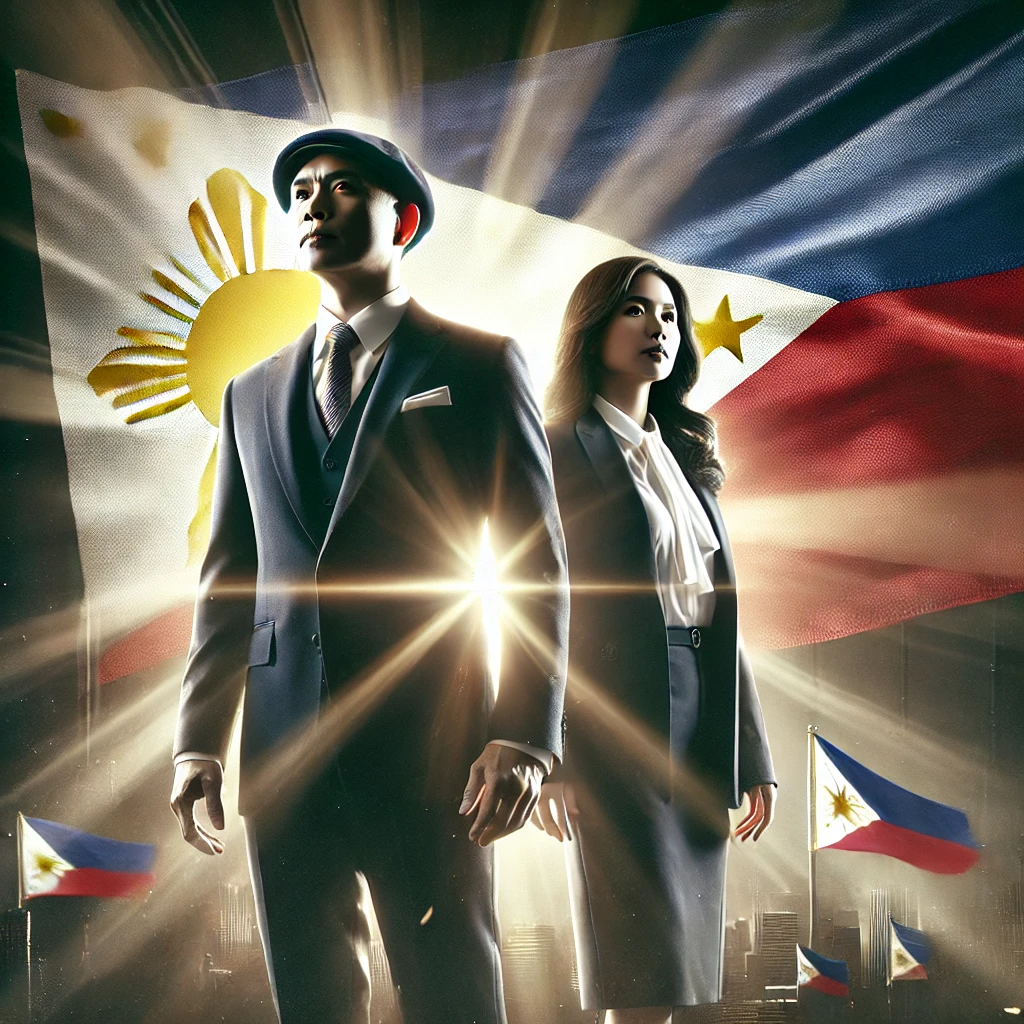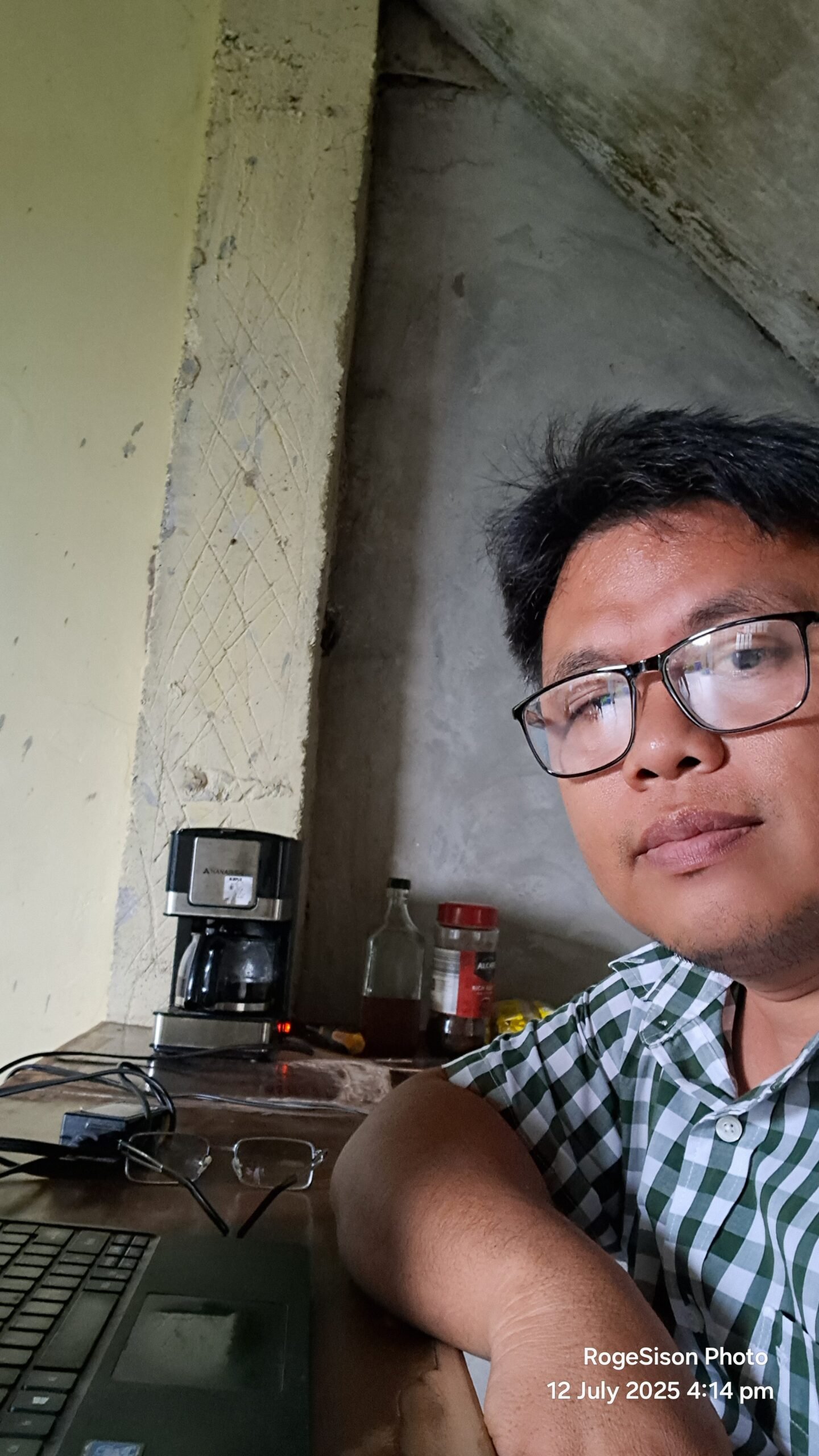
Filipinos are deeply interpretative by nature. With the rise of social media, opinions and judgments are formed in an instant—sometimes without considering the full context of an issue. This phenomenon creates an atmosphere where everyone feels like a lawyer, a judge, and even an executioner, interpreting events and controversies based on their own perspective. But what happens when these interpretations are based on partial truths or manipulated narratives?
A. Filipinos Have Their Own Judgment and Interpretation Based on What They Watch on Social Media
Social media has become a battleground of narratives, shaping the way Filipinos perceive reality. Many base their opinions on short clips, headlines, or viral posts without verifying facts. This selective interpretation leads to hasty conclusions, often fueled by emotions rather than objective analysis. It is common to see netizens engaging in online debates, passionately defending their stand without fully understanding the depth of the issue. This highlights the power of social media in shaping public discourse—but also the dangers of misinterpretation.
B. The Cropped Partiality Detains Filipinos into Division Based on Their View of Truth and Ideology
With the internet’s ability to selectively present information, many Filipinos become trapped in echo chambers. A cropped video, an edited statement, or an incomplete news report can lead to widespread misinformation. When people accept these partial truths as absolute reality, they become divided—turning every discussion into a battle of ideologies. The result? A deeply polarized society where critical thinking is overshadowed by blind loyalty to personalities, political beliefs, or social biases.
C. Filipino Masses, Including Vloggers, Should Not Be Quick to Judge or Assume the Authority to Judge
Vloggers, influencers, and ordinary netizens wield significant power in shaping public opinion. But with great influence comes great responsibility. It is alarming how easily people assume the authority to judge others without due process. Online trials, cancel culture, and character assassinations have become rampant, leaving no room for fairness or deeper understanding.
Rather than acting as self-proclaimed “inner self-lawyers,” Filipinos must learn to pause, reflect, and seek truth beyond what is conveniently presented to them. Judgment should be reserved for those who have the complete knowledge of the case—such as actual lawyers and judges. As individuals, we must cultivate a culture of discernment, fact-checking, and open-mindedness before forming and sharing opinions.
Conclusion
In this digital era, where information spreads rapidly, Filipinos must be vigilant in how they interpret and respond to issues. Social media should be a tool for learning, not a courtroom for instant judgment. By practicing critical thinking, avoiding the trap of cropped partiality, and respecting due process, the Filipino masses can cultivate a more informed, united, and responsible society.
Being interpretative is not inherently bad—but being hasty and judgmental based on partial truths is. Let’s break free from the unsolicited ideas of the masses and seek wisdom beyond the noise.




